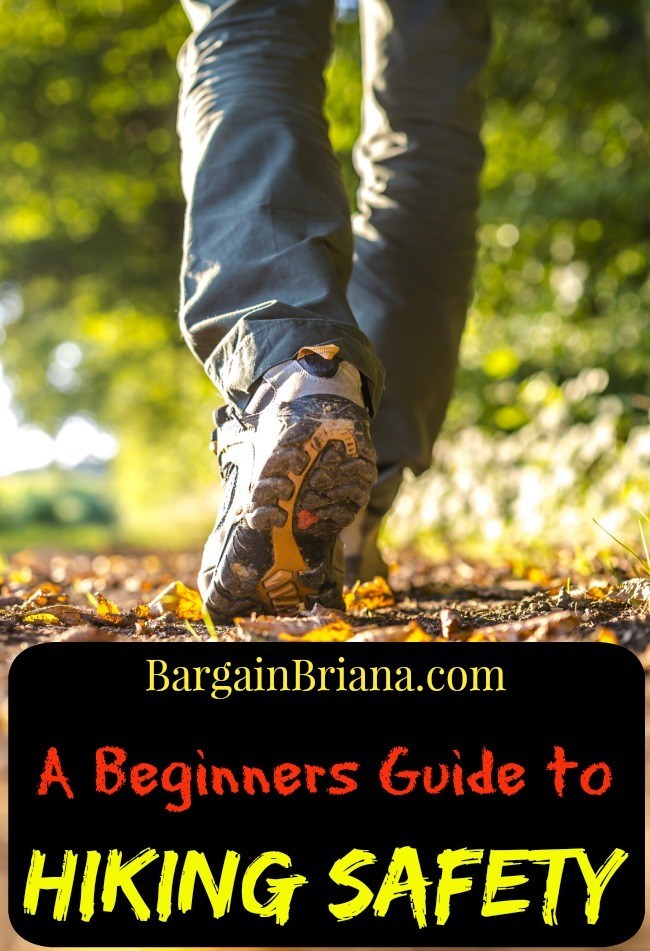Hiking can be a very good way to get in some exercise and enjoy nature. Alone or in a group, it is one of the most rewarding forms of exercise on the planet. When you first start hiking, it is very important that you learn the basics of safety. Without it, you could find your fun afternoon hike has turned into a nightmare. The basics are not complicated but they are very important. Here are several hiking safety tips that every beginner should learn and follow every time out:
A Beginners Guide to Hiking Safety
Have a point of contact
Before heading out on any hike, alone or in a group, you should have someone back home that knows exactly where you are going and how long you plan to be gone. In fact, they should know when to call for help if you are not back as well. Then you have to stick to the plan. If you become lost, getting help sent out quickly is extremely important. Make sure this person is trustworthy.
Be weather aware and prepared
Check forecasts in advance and the day of your hike. If you are in an area where weather changes drastically without much warning, you need to hike with weather appropriate gear for all situations. Clothing, shelter and so on is top of the list for priority. Even if you plan to stay one day and not stay overnight, you need to be ready if the weather takes a bad turn or you become lost.
Know the terrain
It is also important to learn the terrain you will be hiking on. Hiking across a meadow is not the same thing as hiking up a mountain. Terrain will dictate your abilities, but also your gear. You don’t want to be climbing tough areas in tennis shoes or flip flops, for example. Invest in a nice pair of hiking boots and you will be in good shape.
Know the wildlife
Wildlife is very important too. Knowing at least the animals that could pose a danger in the area such as venomous snakes, bears, cougars and spiders is important. If you are aware of their presence and how to avoid them, you will stay safe on your hike most of the time. Chance encounters happen, but this is true whether hiking or not. Simply be aware and be smart. Never disturb the wildlife.
Bring plenty of water and fire options
Water and fire are two absolutely vital necessities in the wild. If you become lost, these are the things that will save your life. You should carry plenty of water, but also a water purification method of some kind. Water pellets, filtration devices and of course, fire to boil the water all work well. As for fire, several new lighters will do the trick nicely. You might also keep a flint stick or other method as a backup.
Rest regularly
When you first begin hiking, it is particularly important to take breaks as you need them. Don’t over do yourself and then find yourself in trouble far from home. Take a break when you need it and enjoy the peace and tranquility.
Know your limits
Along the same lines, don’t try to keep up just so you won’t be embarrassed. If you need to stop, stop. If a particular area is too challenging, don’t do it. Hiking can be tough and underestimating it could absolutely be deadly. Know when to say when and demand that others respect it. If they will not, then find new hiking partners.
If you get lost…
There are many schools of thought, but most reputable sources say to stay put. Wait on rescue and stay dry and rested. Build yourself a shelter and keep warm. If you followed the steps above, help will be on the way and the best shot you have at being found is to burn a fire and sit still.
Did you enjoy this post? Find more money saving tips here.

